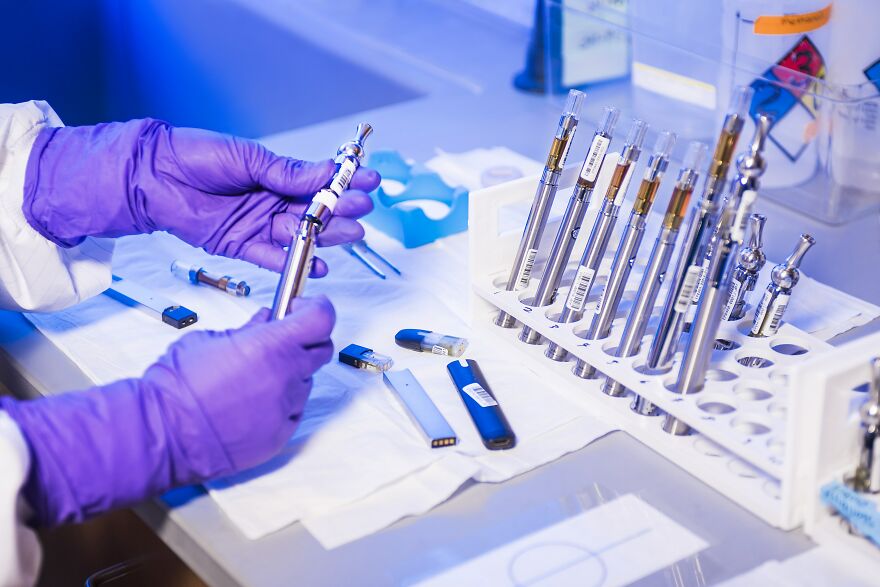Share
Clinical trials test behavioral, medical, or surgical interventions in populations.
Ordinarily, clinical trials assess a new interventions effectiveness or harmfulness relative to existing interventions.
Over the last few years, clinical trials have adopted technology at an all-time high.

The increased use of technology and complexity of study designs have generated massive volumes of data.
This data could help researchers accelerate trials, fast-track the development of effective treatments, and better serve patients.
However, we must first understand how to better deploy it and manage the information it generates.

Its interesting that despite the heavy tech uptake in the sector, study timelines keep going up.
For instance, a typical modern-day phase three trial involves approximately 3.6 million points of data.
That is at least thrice the data they had to deal with a decade ago.

Besides the enormous amounts of data, studies have become more complex.
Also, the COVID-19 pandemic occasioned hasty adoption of technology to sustain the many new trials.
Stakeholders implemented several eClinical tools with limited change management aid.
That led to a widespread crop-up of inefficient technology.
These modes of gathering data yield better quality data because of their timeliness.
Historically, patient data was never considered while making decisions until trials concluded.
Due to present-day real-time electronic collection of data, quick adjustments can be made mid-study.
Passive Collection of DataThis data collection approach is also known as automatic data collection.
It improves the quality of data by eliminating errors common with manual entries.
Such errors could arise when a participant accidentally enters the wrong details or remembers something after submitting an entry.
These mistakes affect the overall quality of data.
With passive collection, the subject does not need to key in the information.
Technology such as wristbands, smart watches, sensors, and other devices automatically capture the required data.
The real-time collection and relaying of this information makes this approach highly accurate.
What we require is a well-synchronized system for managing this data to ensure its not scattered about.
Active Collection of DataThis approach requires a researcher to digitally enter the data collected from primary points.
Unlike the passive method, active collection does not do away with errors from manual entry.
A reduced likelihood of errors means better-quality data.
The types of active data collection in use today include electronic case report forms and electronic patient assessments/diaries.
However, as reiterated throughout this piece, we need particular strategies to realize this datas potential.
One way of standardizing data collection is using the same terms or naming conventions.
This includes measurement units, terminology, data types, and date formats.
We should also use standardized codes for classifying or categorizing the trial data.
This allows for easy analysis and integration.
Also, collaboration and communication must be clear and deliberate among all stakeholders in the sector.
Develop Platform TechnologiesDeveloping sturdy platform technologies is also an excellent strategy to manage clinical trial data better.
That will slash study durations and improve research efficiency.
Embrace Enterprise-Wide Adoption of TechnologyLastly, we must ensure the technology deployed for clinical trials is adopted enterprise-wide.
Otherwise, all those massive data set we collect wont be valuable.
Technology is undoubtedly the present and future of clinical trials.
However, this adoption should not be rushed.
Permanently Harnessing Clinical Trial Data
Quality data always has the potential to improve future studies.
Subsequent trials in similar fields often benefit from previous ones.
Unfortunately, at the moment, most data streams for clinical trials are not adequately synchronized.
To attain this, we must standardize our data and enhance its reproducibility.
Final ThoughtsThe harmony between data science and clinical trials ushers a new era in healthcare research.